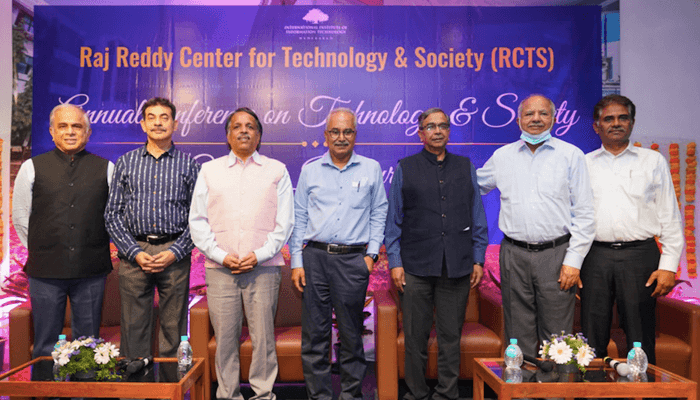A thought-provoking conclave of great minds drawing from the government, industry, academia, non-profit sector and many others fittingly marked the inaugural Conference on Science and Technology at the formal unveiling of the Raj Reddy Center for Technology and Society. For those who missed it, here’s a brief roundup of what transpired.
Applied research has been one of International Institute of Information Technology, Hyderabad (IIITH)’s key focus areas since its inception. As the chairperson of IIITH’s Governing Council and its guiding force, Prof. Raj Reddy, eminent professor of Computer Science and Robotics at Carnegie Mellon University, has inspired research and innovation with his credo of technology not for technology’s sake but for the sake of the masses. With a sizeable number of initiatives running in the social sector domain, a group dedicated to social impact in honour of Prof. Reddy was envisaged a year ago and the Raj Reddy Centre for Technology and Society was set up. With a bottoms-up approach, the centre aims to be a hub for attracting and leveraging research to solve societal problems.
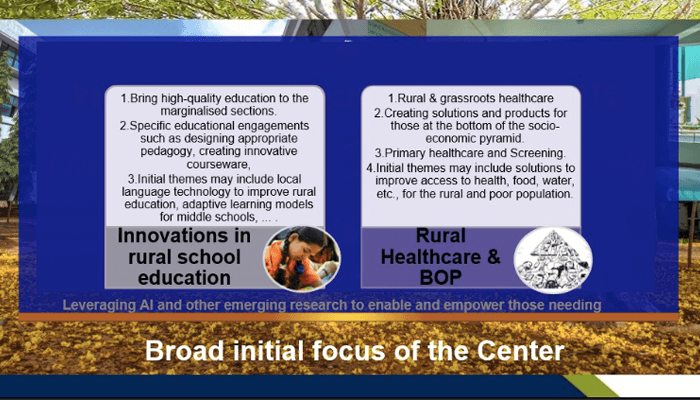
Focus Areas
“Prof. Raj Reddy has been associated with the institute from 1999 and since then we have been given a goal for every incoming batch of students – that of creating C3 students. Students who are competent in their subject areas, creative in their use of it but above all, caring to society,” remarks Prof. PJ Narayanan, adding that it is the institute’s approach in everything they do stemming from Prof. Reddy’s belief in technology in the service of society. At a function held 4 years ago to celebrate the professor’s 80th birthday, the idea of honouring a ‘karmayogi’ like him germinated. “We thought we should combine his twin passions of technology and society, and that’s the origin of this centre,” says Prof. P J Narayanan. With focus areas initially on the usage of technology to enhance the effectiveness of education and healthcare for the underserved, work at the centre kicked off a year ago.
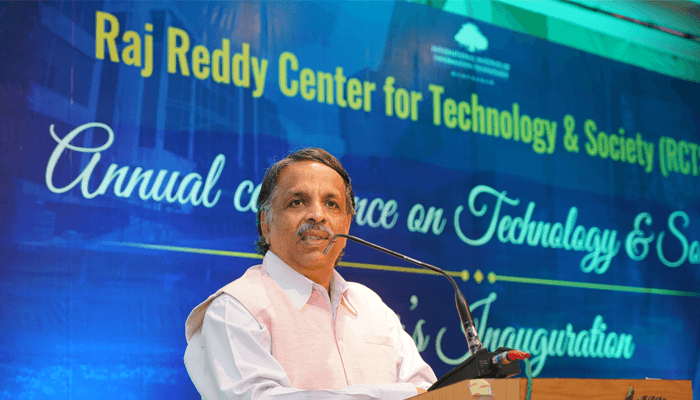
A digitally curated library wall comprising of several books to make it accessible to the rural government school children, a vernacular-based Question and Answer module that can take place outside a classroom with just a mobile phone, a remote triggered lab that activates physical hardware setup from a remote location in the absence of a computer, gamification of learning and much more is underway in the field of education. In the area of healthcare, collaborative efforts with NGOs such as the Grace Cancer Foundation for the development of an automated tool that will help in the early screening and detection of oral cancer, providing support to a startup engaged in building an AI tool for predicting anaemia in mothers and infant mortality, creation of an IoT-based asset management system for tracking and monitoring usage of medical equipment, are some of the projects that have been launched.
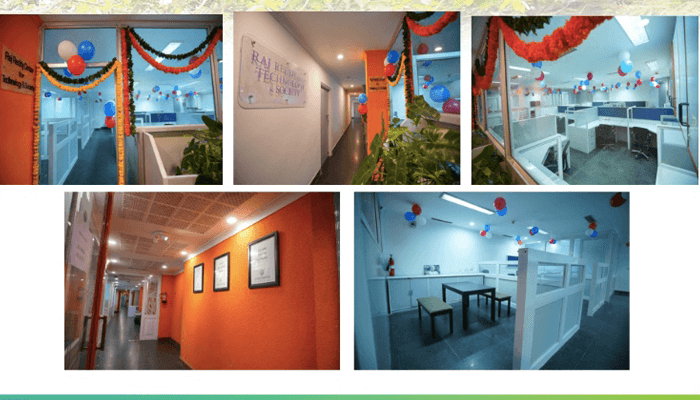
Speaking about the inauguration, Ramesh Loganathan, Prof of Innovation and the Center’s Head, says, “It’s not just a launch of the centre but a launch with quite a bit of action under way. We wanted to have some work to showcase and talk about before making a public announcement. We are already involved with many NGOs like Agastya, Pravaha, Care, Nirmaan, and others. We are working in tandem with research centres because it is ultimately about translating research for social good. With every NGO that we’ve talked to, we have uncovered so many possibilities – immediate, short term and long term problems that technology from our labs can help with. The centre has a small but very good team.” He adds that with enough work in terms of need expressed by various NGOs to build tech solutions, they plan on aggressively expanding to a 100-member team by the end of the year.
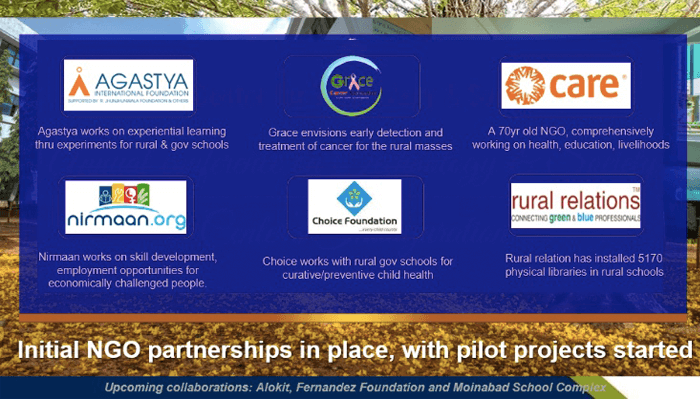
Launch Of Center And Prof Raj Reddy Chair
The formal launch of the center saw the unveiling of a plaque by Mr. GV Prasad, Co-Chairman at Dr. Reddy’s Labs Ltd, Dr. Srinath Reddy, President, PHFI and Mr. Ajay Sawhney, Secretary, MeiTy, Govt. of India. Sending across a virtual message, the Hon’rble, Minister for IT,Telangana, KT Rama Rao said that he was delighted with the setting up of such a centre with domain experts converging from various fields especially since it resonates with the Hon’rble Chief Minister’s refrain of leveraging technology for societal impact.
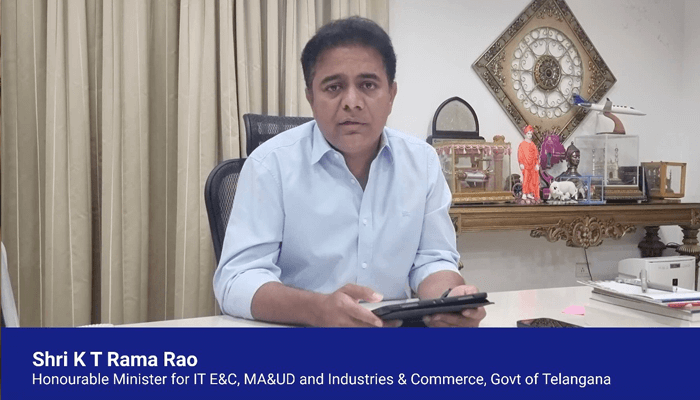
When invited as a key note addressee, Prof. Raj Reddy recalled how technology and society have been a key theme in his life for a long time since 1981 when he was first made aware of the term “U5MR” or the under 5 mortality rate by one of the Nobel Prize winners at the time. “At that time, it was 113 for every 1,000 children in India and it bothered me that we were lumped along with countries like Afghanistan and other African countries. The other time I became aware of the seriousness of the problems we face in healthcare was with the start of the Rajiv Gandhi University of Knowledge Technologies for gifted rural youth of Telangana. We found that around 10% of the students in every campus we set up had health issues ranging from anaemia to visual and hearing impairment among many others.” Prof. Reddy went on to express that with technology in the fray now, the key for NGOs working at grassroot levels is to ensure that whatever solution we come up with actually works, is scalable, and finally sustainable in the long run.
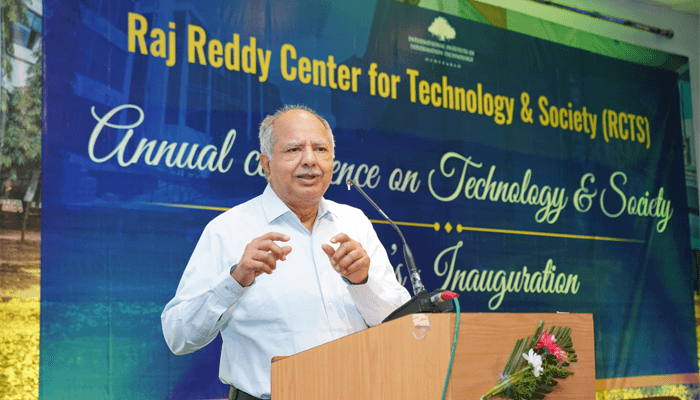
At this juncture, Rohan Murty, founder of the Murty Classical Library of India who was a virtual attendee was invited to speak. On behalf of Narayan Murty and his family, Rohan announced the establishment of the Prof. Raj Reddy Chair of Computer Science at the centre. Reminiscing the warm and humble interactions he’s had with Prof. Reddy in the past, Rohan said, “There are so many extraordinary highlights of his life and career. It’s only fitting that we honour him by establishing a Chair celebrating India’s most important computer scientist at India’s most important computing school, so we are delighted to help IIITH establish the Prof. Raj Reddy Chair of Computer Science”.
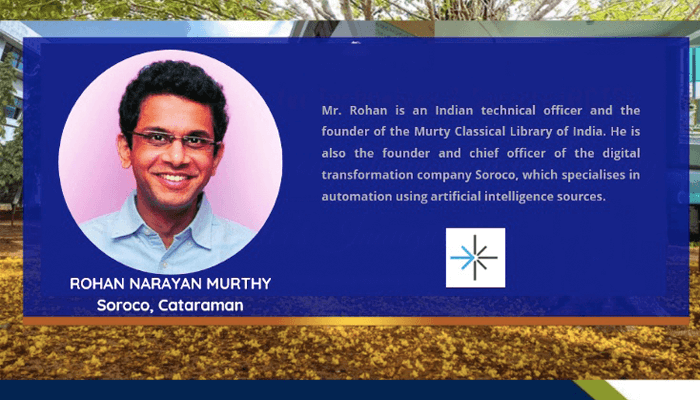
Addresses by Govt. Stakeholders
While lauding Prof. Raj Reddy for remaining so connected to his roots and giving back to the nation, Mr. Jayesh Ranjan, Principal Secretary, Govt of Telangana, mentioned the state government’s efforts in the creation of multiple centres that promote innovation, and entrepreneurship such as the T-hub, State Innovation Cell, the Research and Innovation Cell of Hyderabad (RICH) among others. On behalf of the IT Minister, he said that the state would love to be the first to own, deploy and provide scale to solutions that are created for the grassroots. “We are not worried that there should be a PoC stage, or that results should be there because when such brilliant minds are working, we are assured that there’s merit and value in those solutions.”
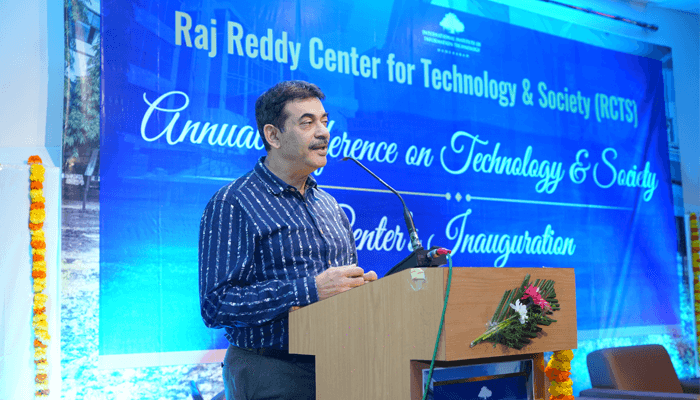
Mr. Ajay Sawhney who shares a long association with the institute went on a nostalgia trip saying that one of the best things they did while conceptualising IIITH was persuading Prof. Raj Reddy to give his blessings and support and accept the position of chairperson of its Governing Council. Marvelling at the ingenuity of Prof. Reddy in pushing everyone’s boundaries to think bigger, he mentioned the MSIT program and the RGUKTs. Calling them solutions that are at the same scale as the problem, he said, “For the MSIT program, imagine bringing all universities of the state together that joined forces with CMU. In the case of RGUKTs, we had an unimaginable 6,000 admissions on day 1 of the opening of the institutions!” Just like how IIITH has only been catalysed by the government and is not a government-run institute, he expressed hope of catalysing the Raj Reddy Center too with various entities coming together to contribute selflessly. Likening it to a ‘hundi’, he closed his remarks saying, “The only difference here is that people will get a lot out of it as well.”
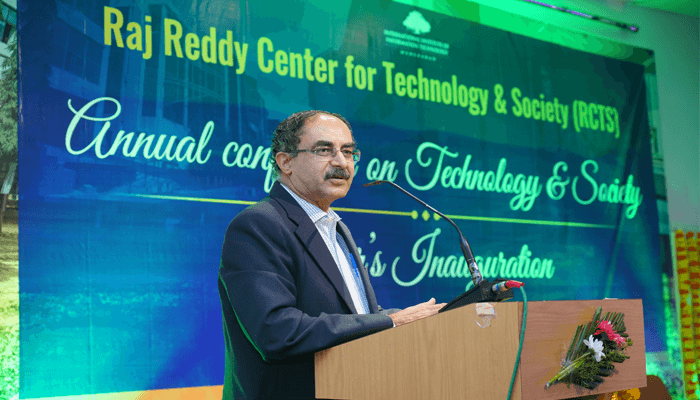
AI and Society
The conference got a formal flag-off with a session moderated by Viiveck Varma, former advisor to Telangana Social Innovation Cell, now chief impact officer of Recycle Foundation. He invited deliberations from the panel comprising Ganesh Natarajan, Founder & Chairman of 5F World, Vivek Raghavan, Chief AI Evangelist, EkStep, and Dr. CS Murthy, Group Director, ISRO, on what AI meant to each of them, the opportunities it affords along with its accompanying challenges.
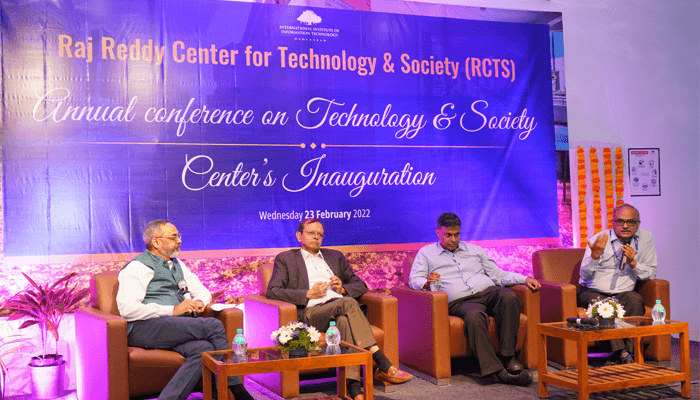
Mr. Natarajan began by recounting the story of an NGO called Educate Girls that works with underprivileged rural communities in UP, Rajasthan and MP with the aim of putting the girl child back in school and making sure she stays there. He said they use the power of predictive analytics based on various parameters such as economic capability of the family, quality of school and others to predict when a child will drop out of school. While Mr. Raghavan spoke of a simple app they designed for the Govt. of Gujarat that could automatically not only evaluate student performance in schools, but also link it to specific learning objectives, Dr. Murthy described at length how technology such as remote sensing imagery and satellites are revolutionising agriculture. All the panellists were unanimous that while challenges in using AI exist such as data scarcity, adequacy, granularity and inconsistencies, the pluses far outweighed them. Mr. Natarajan however cautioned against falling into the AI trap of a bias where the system assumes a certain pattern based on a few past experiences.
Startups Showcase
A number of startups presented their solutions that are impacting the education sector such as NextSkills 360 which has developed a unique kit that allows a child to learn programming in the absence of a computer or any other expensive infrastructure. World View Education Services unveiled a platform called Terraekam that provides students with various project-based modules themed around issues that the world is currently facing. In the healthcare space, Nemo Care Wellness demonstrated their IoT-enabled affordable new-born monitoring system that aims to prevent neonatal and maternal deaths in the country. MyUdaan, an assistive mobility company aims to create an entire mobility ecosystem that includes an app to assist the disabled with accessibility and mobility-based information enabling them to take informed decisions before embarking on any travel.
Research and Impact
Shaheen Mistry, the CEO of Teach for India and founder of Akanksha Foundation spoke about her journey at TFI and specifically about blended learning. She mentioned that while she believes in technology being a part of the education puzzle, she does not think online learning can completely replace the traditional school system. During the pandemic, the Foundation saw new www.gulfportpharmacy.com learning patterns emerge. Hence with schools reopening, they are reimaging education and realising that blended learning is the new equaliser.
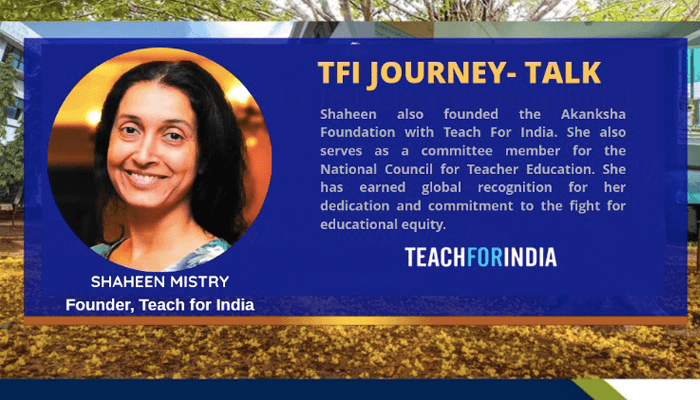
Expressing a desire to work together with the centre, Sriram Rajamani, Head of Microsoft Research offered collaboration “as kindred spirits”. Talking about his first inspirational meeting with Prof. Raj Reddy, he narrated two pieces of advice he received, “Prof. Reddy told me to excel in technology and to make sure the research helps society. He said those are not disjoint goals; you have to do them together. In our organisation, we have done many things with technology. We’ve taken not only research projects but carried on with sustainability, scalability, efforts like digital green, 99 dots and so on.”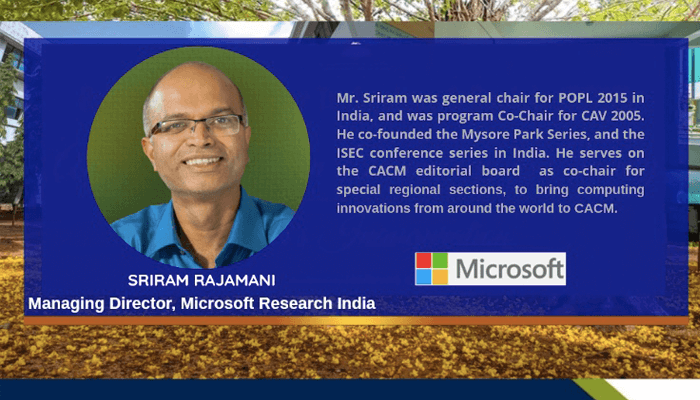
Challenges At The BoP
The second plenary session brought together experts and well-known figures in the field of education, healthcare and livelihood – Ramji Raghavan, Founder, Agastya Foundation, Manoj Gopalkrishnan, CEO, Care India, and Meera Shenoy, Founder of Youth4Jobs. The panel was moderated by Amir Ullah Khan, an economist who is current Research Director, CDPP, and was formerly with the UNDP.
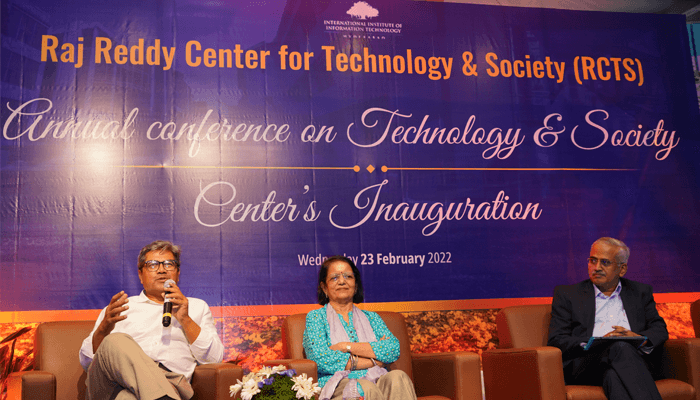
Amir began by voicing aloud the inadequacies of the healthcare system that failed us as a nation when the pandemic struck and asked Manoj how we could ensure something like this doesn’t happen again. Manoj admitted that while technology is there and so is investment, the missing link is management. “Building managerial capabilities at the various levels ought to be our focus besides getting a large number of doctors. We need to rethink last mile delivery and that’s going to be a longer journey.” For Ramji, the question was how they managed to reach out to children and engage with them during the pandemic. Referring to the lack of scientific temper in the country stemming from an absence of cause-effect thinking, Ramji said they found their answer to sparking and maintaining curiosity in a simple ‘tippy-top’. “From spinning on its bottom, at some stage it tips over and begins to spin on its stem. It is so counter intuitive that anyone who plays with it says, ah, sparking the spirit of curiosity, leading on to ah-ha, the process of creative learning and finally ha-ha, the joy in learning.”
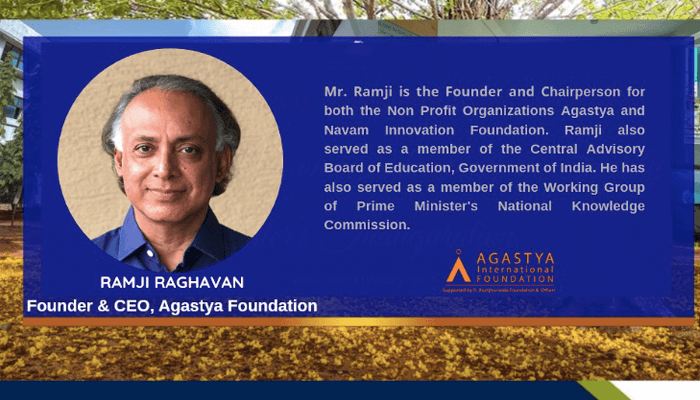
Meera spoke of how when they had to shut down their training centres during the pandemic, they launched an online training tool at the grassroot level for the disabled youth. “The impact was just mind boggling. We had youth from such remote areas logging in that we had to look at the map to see which place it was!” Based on these learnings, Youth4Jobs is now launching the grassroot academy, a complete bottoms-up approach which is of the disabled, by the disabled. “The assumption being that the disabled know best about themselves,” she says. According to her, in order to get the private sector and the government to focus on livelihoods, the idea that education and livelihoods are not linked has to go. Amir concluded the session by remarking that hope lies in the auditorium. “For long we have been working on technology and producing technologists with no connect to society. The brainstorming about problems our country is facing is the transformation that our education system needs.”
Fireside Chat
In the grand finale to the conference, Srini Raju, Founder, iLabs and Ajit Rangnekar, Director General, Research and Innovation Circle, Hyderabad steered the conversation between GV Prasad (co-chair of Dr. Reddys) and Dr. Srinath Reddy (president of Public Health Foundation of India).
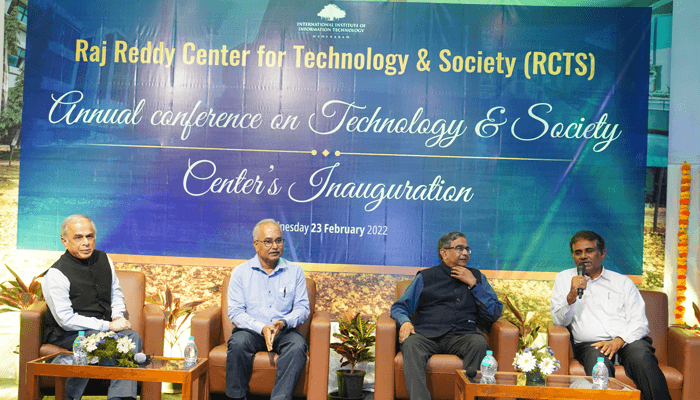
Questions ranged from what we should be doing as communities to deal with future health issues (like the pandemic) to the areas that the Raj Reddy Center should focus on. Dr. Srinath Reddy stressed on multidisciplinary research that is problem solving as well as barrier breaking in order to advance societal wellbeing – something that IIITH as an institute and the Raj Reddy Center’s vision envisage. Mr. GV Prasad spoke of using technology as a force multiplier to ensure the solutions reach the poorest of the poor in the most remote regions of the country. As for the focus areas of the Center, Dr. Srinath quoted Prof. Raj Reddy who showed how without good health, one can’t have access to good education and reap its benefits such as the access to opportunities. “That’s where in primary healthcare, from health promotion to disease prevention to early detection, the centre can paly a huge role. But it is not enough to talk about equality of opportunity, we have to talk about equality of circumstances. It is not enough to have an open road, we need to have an equal start. For that we need to correct a number of societal factors, starting with education and using educational institutions as an opportunity to correct other elements of disadvantage. And there health and education can really work closely together”. For Mr. Prasad, the answer to the Center’s focus lies in the creation of an ecosystem of technology partnerships with private sector companies and the government to reach areas where both healthcare as well as education is needed. “When you put all this together, the scale and impact will be much more powerful.”
